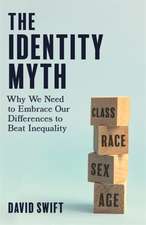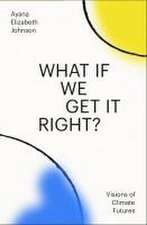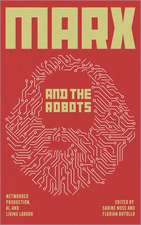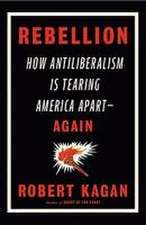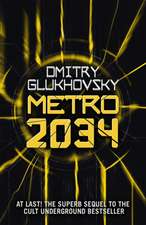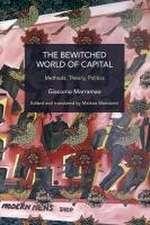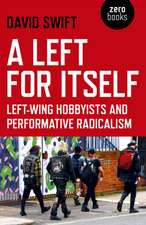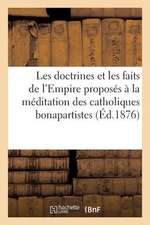The Identity Myth
Autor David Swiften Limba Engleză Hardback – 17 feb 2022
,
| Toate formatele și edițiile | Preț | Express |
|---|---|---|
| Paperback (1) | 53.36 lei 3-5 săpt. | +26.83 lei 7-13 zile |
| Little Brown Book Group – 26 sep 2023 | 53.36 lei 3-5 săpt. | +26.83 lei 7-13 zile |
| Hardback (1) | 99.03 lei 3-5 săpt. | +51.97 lei 7-13 zile |
| Little Brown Book Group – 17 feb 2022 | 99.03 lei 3-5 săpt. | +51.97 lei 7-13 zile |
Preț: 99.03 lei
Preț vechi: 128.35 lei
-23% Nou
18.95€ • 19.76$ • 15.75£
Carte disponibilă
Livrare economică 27 februarie-13 martie
Livrare express 13-19 februarie pentru 61.96 lei
Specificații
ISBN-10: 0349135363
Pagini: 320
Dimensiuni: 158 x 238 x 34 mm
Greutate: 0.55 kg
Editura: Little Brown Book Group
Descriere
In A Contribution to the Critique of Political Economy, Karl Marx outlined his idea of a material 'base' and politico-cultural 'superstructure'. According to this formula, a material reality - wealth, income, occupation - determined your politics, leisure habits, tastes, and how you made sense of the world. Today, the importance of material deprivation, in terms of threats to life, health and prosperity, are as acute as ever. Despite the continued importance of inequality and disadvantage, the identities apparently generated by these realities are increasingly detached from material circumstances. In many casesthe identity has become a powerful signifier in its own right, and is now instrumentalised, idealised and imitated. People attempt to police the boundaries and determine the significance of the identity, so that the identity matters more than the lives of the individuals concerned. These powerful identities can be used for various purposes, from the commercial to the aesthetic to the political. This trend has accelerated in recent years, with increasing precarity and increasingly obvious inequality fuelling anger, and the internet acting as a perfect mechanism for identity theft. Identity Theft covers four different kinds of identity most susceptible to these trends - class, race, sex and age - considering how the boundaries of different identities are policed, and how different versions of the same identity can be deployed to different ends. Ultimately, the argument is not just that 'identities are more complex' than they appear, but rather that there are more important commonalities. Many totemic 'culture war' issues are not particularly contested, but have broad appeal, or little concern for most people. In the UK at least, what might be called a 'culture war' is waged largely on the periphery by crank politicians, social media groups and newspaper columnists. If there is one argument to be taken from this book, it is a call for conscientious objection in the culture wars.,
,


